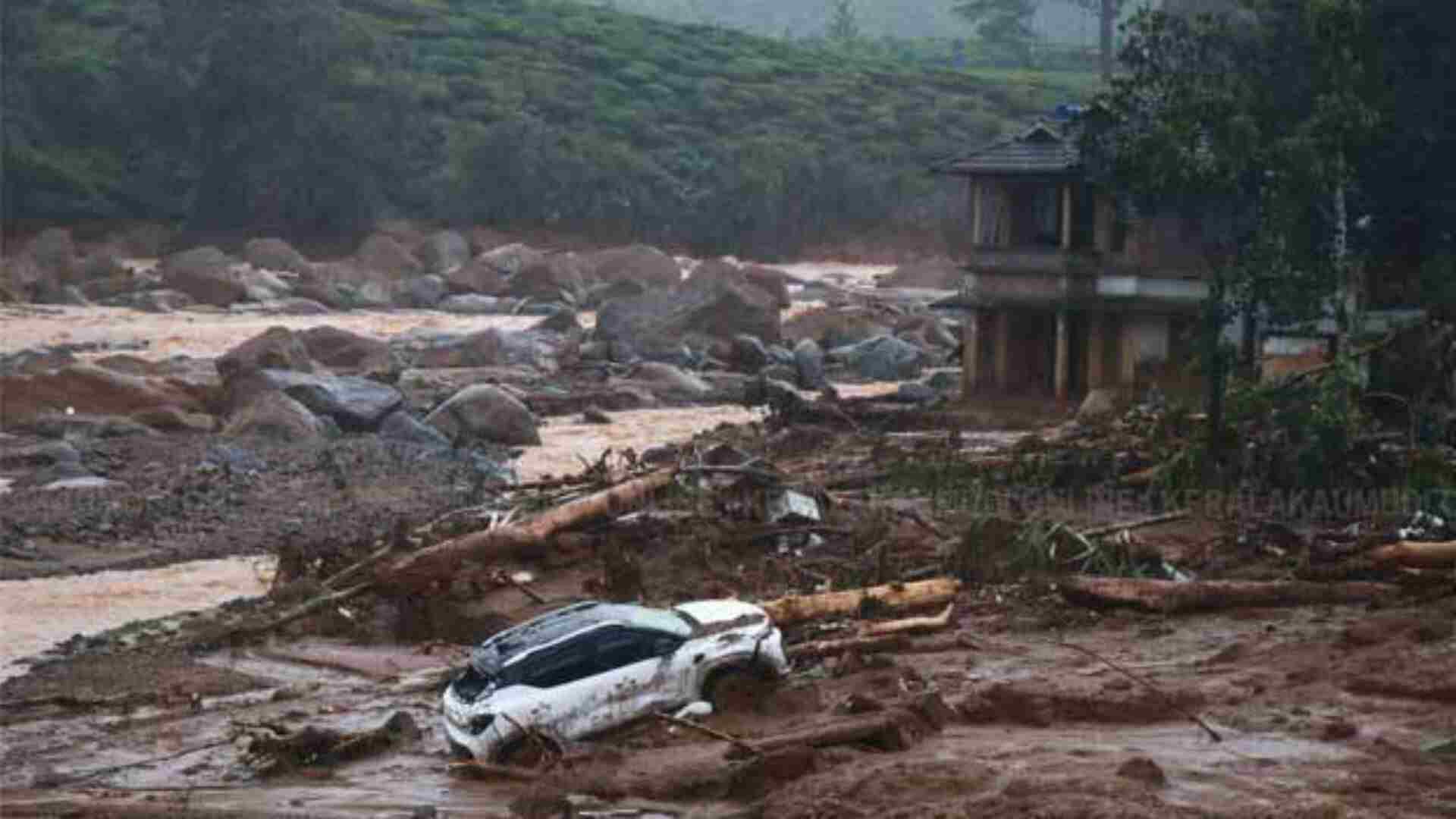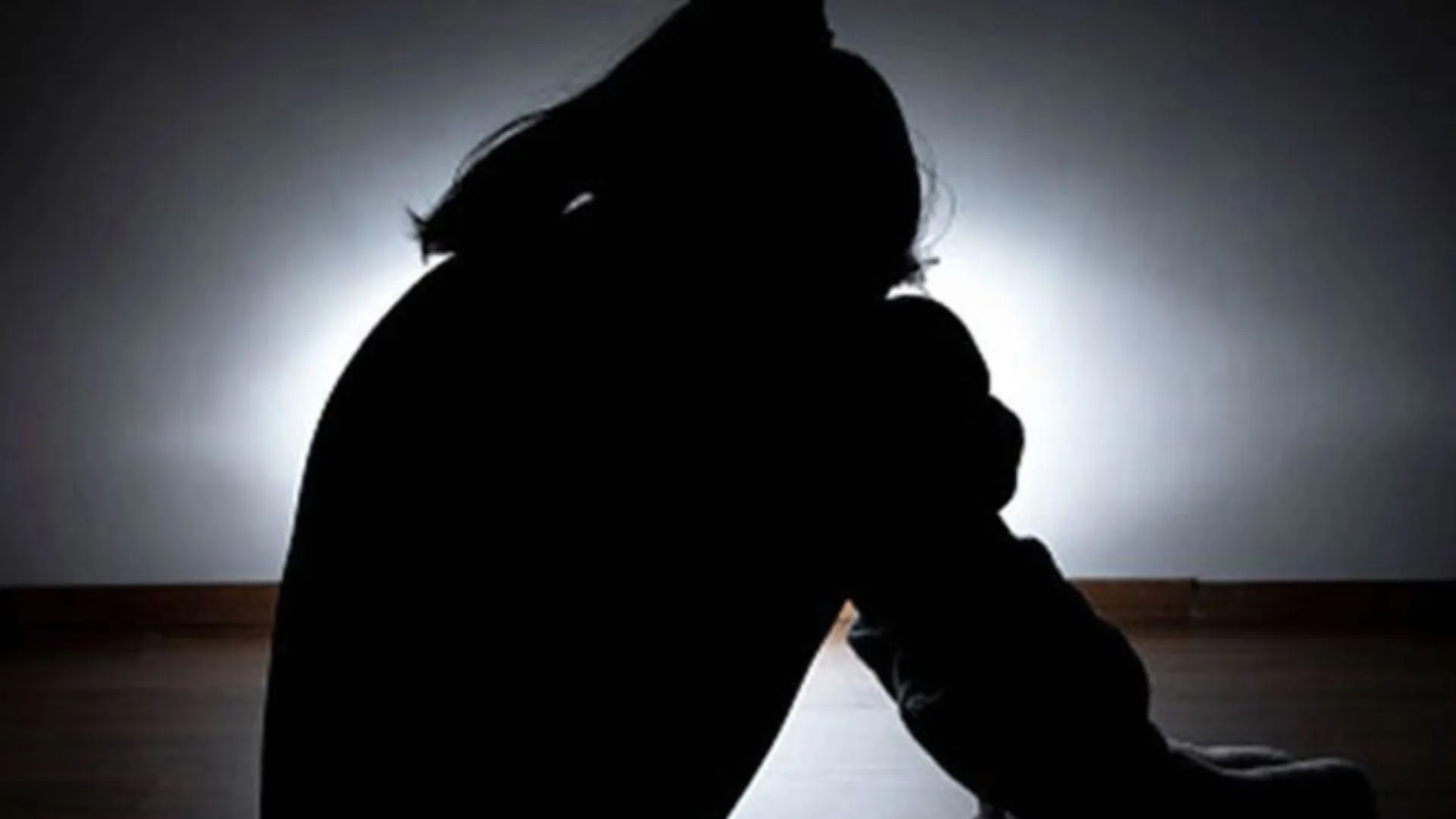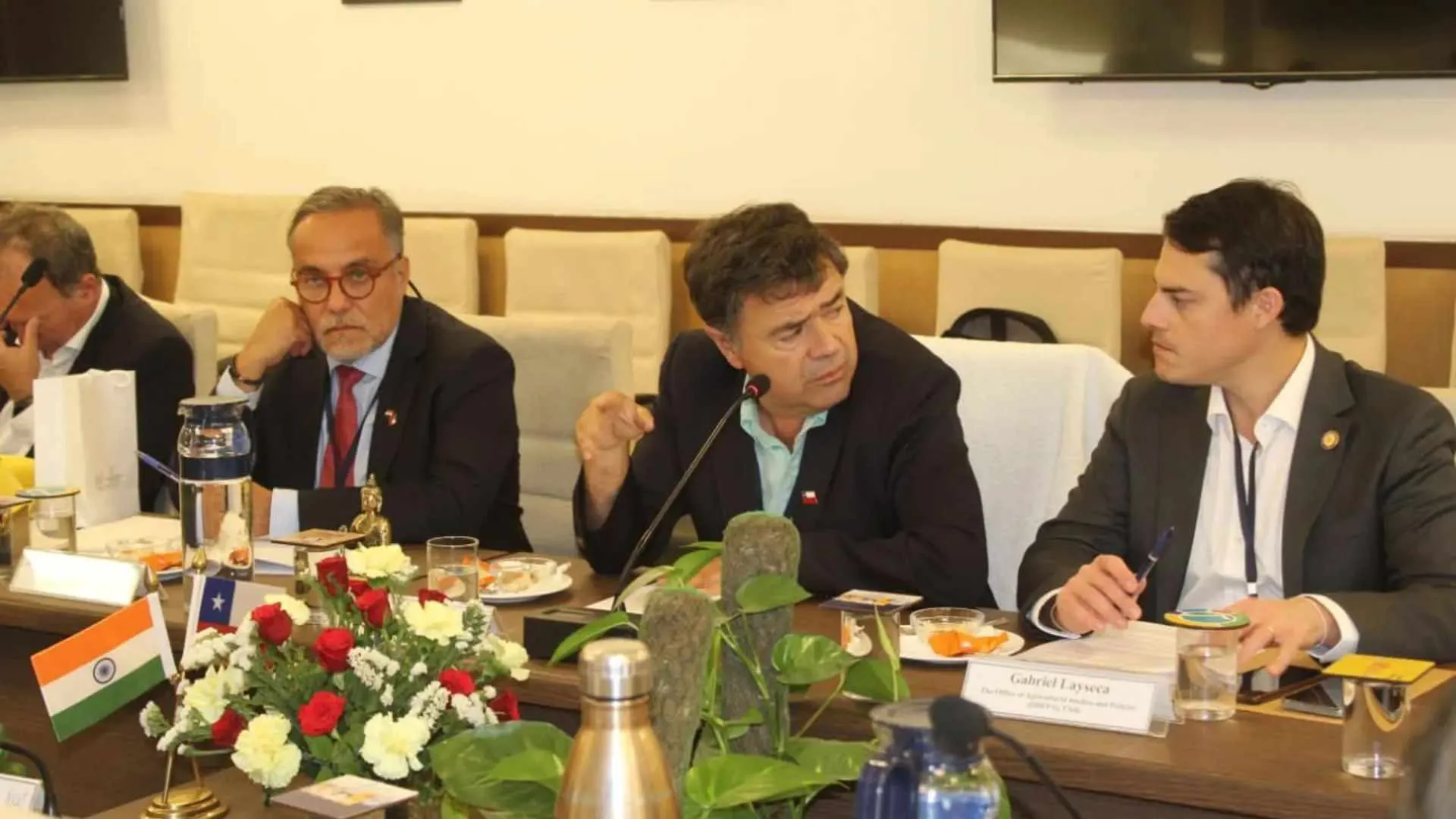Amid the ongoing rescue operations in Wayanad following severe landslides, the Kerala Police have issued a stern warning to tourists against engaging in ‘dark tourism’. The police emphasized that visiting disaster-stricken areas for sightseeing could obstruct rescue efforts and hinder relief operations. The statement on social media urged, “Please avoid visiting disaster sites; it will affect the rescue operations.”
Understanding ‘Dark Tourism’
‘Dark tourism’ involves traveling to places linked to death, tragedy, or historical suffering. The term, introduced in 1996 by J. John Lennon and Malcolm Foley from Glasgow Caledonian University, encompasses travel to sites of historical events such as natural disasters, atrocities, and significant historical tragedies. Examples of dark tourism destinations include places like Chernobyl in Ukraine, Auschwitz-Birkenau in Poland, and Pompeii in Italy.
The Role and Impact
While often criticized, dark tourism can also serve as an educational tool, allowing visitors to engage with historical events and gain a deeper understanding of past tragedies. These visits can offer a more tangible connection to historical events, helping to humanize and contextualize suffering.
However, in the wake of recent events like the Wayanad landslides, which have caused significant loss and disruption, it is crucial for tourists to respect the boundaries set by authorities to facilitate effective rescue and relief efforts.









